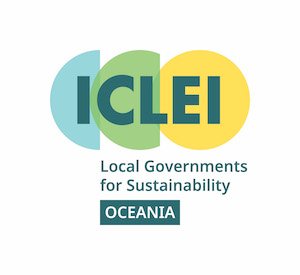About
In 2019 ICLEI Oceania undertook a national consultation to establish whether the Global Covenant of Mayors for Climate & Energy (GCoM) reporting framework provided an opportunity for consistent local government climate action and reporting across Australia. It examined synergies with current or planned local climate programs and partnerships with Governments, local government associations and other organisations. The consultation was conducted with supported from the European Commission’s Strategic Partnerships for the Implementation of the Paris Agreement (SPIPA).



